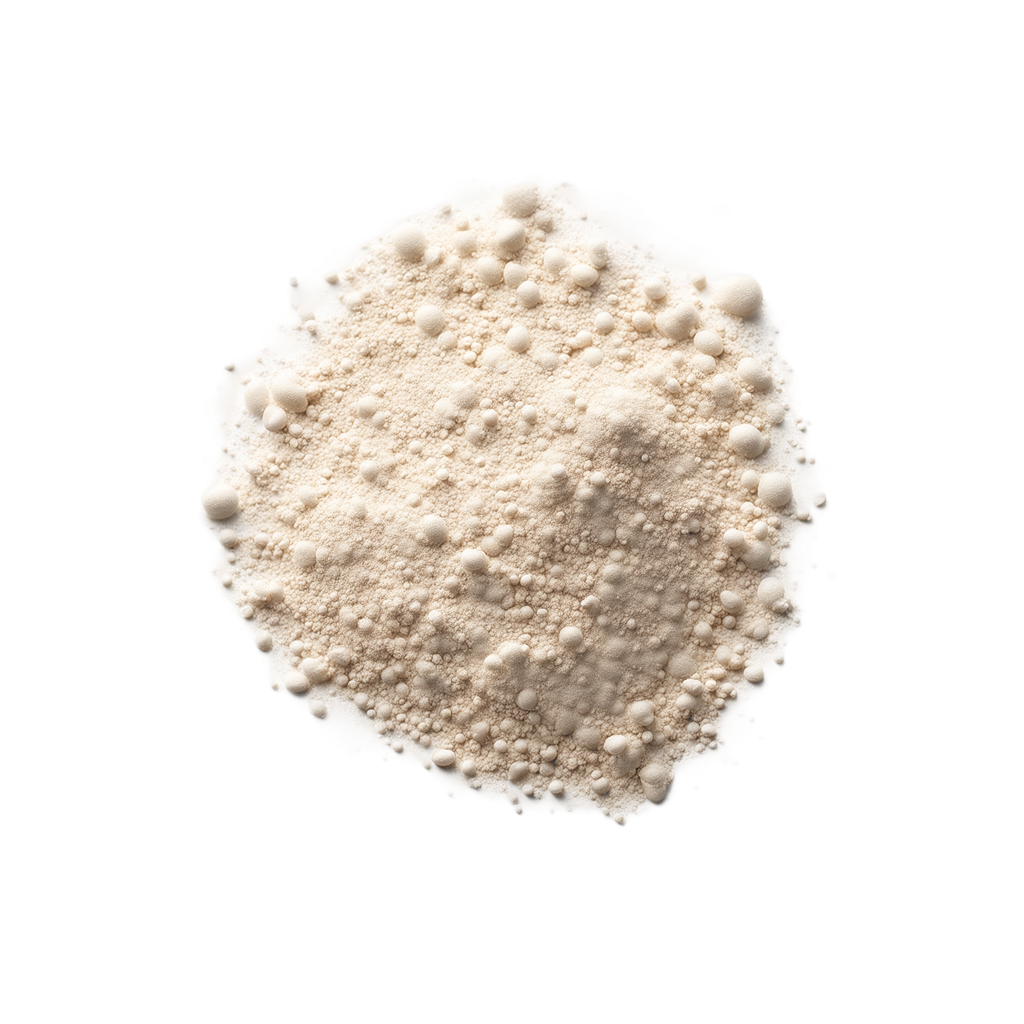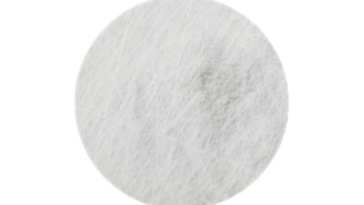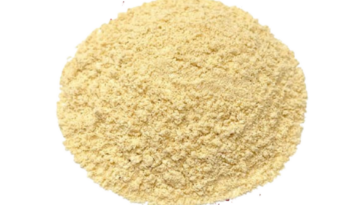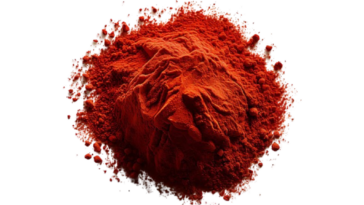Bifidobacterium longum, commonly abbreviated as B. longum, is a species of bacteria that resides in the human gastrointestinal tract. It belongs to the genus Bifidobacterium, which is known for its probiotic properties and beneficial effects on human health. The origins of B. longum trace back to the complex evolution of gut microbiota in mammals, including humans. Through co-evolution with their hosts over millions of years, certain strains of B. longum have adapted to thrive in the gut environment, forming a symbiotic relationship with their human hosts.
The initial colonization of B. longum in humans typically occurs during birth and infancy, as it is one of the first bacteria to inhabit the infant gut. This early colonization is influenced by various factors, including maternal microbiota, mode of delivery (vaginal birth or cesarean section), and feeding practices (breastfeeding or formula feeding). B. longum plays a crucial role in gut health by fermenting dietary fibers and producing short-chain fatty acids, which contribute to intestinal barrier function and immune modulation. Additionally, B. longum competes with harmful bacteria for resources and space in the gut, thereby promoting a balanced microbial community. Its origins and evolutionary history highlight its importance in maintaining gut homeostasis and overall health in humans.
Vitamins & Minerals:
Bifidobacterium longum is a probiotic bacterium commonly found in the human gastrointestinal tract. While it primarily serves to maintain gut health by promoting digestion and inhibiting harmful bacteria, it also contributes to the synthesis and absorption of certain vitamins and minerals. However, it’s important to note that B. longum itself does not contain a significant amount of vitamins and minerals; rather, it aids in their absorption and utilization within the body.
One of the key vitamins associated with B. longum is vitamin B12, also known as cobalamin. This essential vitamin plays a crucial role in the formation of red blood cells, neurological function, and DNA synthesis. B. longum contributes to the absorption of vitamin B12 in the gut, ensuring that the body can effectively utilize this vital nutrient. Additionally, B. longum may enhance the bioavailability of other B vitamins, such as folate, riboflavin, and niacin, by aiding in their absorption and metabolism. By supporting the assimilation of these vitamins, B. longum indirectly contributes to various metabolic processes and overall health.
In terms of minerals, B. longum plays a role in the absorption of certain essential minerals like calcium and magnesium. Calcium is crucial for bone health, muscle function, and nerve transmission, while magnesium is involved in hundreds of biochemical reactions in the body, including energy production and muscle function. By enhancing the absorption of these minerals, B. longum helps maintain optimal bone density and muscle function, supporting overall health and well-being. Additionally, B. longum may aid in the absorption of other minerals like zinc, iron, and manganese, which are essential for various physiological processes, including immune function, enzyme activity, and antioxidant defense. Overall, B. longum contributes to the body’s ability to absorb and utilize vitamins and minerals, supporting overall health and well-being.
Probiotic, Prebiotic, or Postbiotic:
Bifidobacterium longum (B. longum) can function as a probiotic. Probiotics are live microorganisms that, when administered in adequate amounts, confer a health benefit on the host. B. longum is one of the beneficial bacteria naturally found in the human gut, particularly in the colon. When consumed in sufficient quantities, typically through fermented foods or supplements, B. longum can help restore and maintain the balance of gut microbiota, which is crucial for overall digestive health and immune function.
However, B. longum does not act as a prebiotic or postbiotic. Prebiotics are non-digestible fibers that serve as food for beneficial bacteria in the gut, promoting their growth and activity. Postbiotics, on the other hand, are metabolic byproducts or components of probiotic bacteria that confer health benefits on the host independent of the live bacteria themselves. While B. longum produces certain metabolites and compounds that may have health-promoting effects, it is not typically categorized as a prebiotic or postbiotic.
In summary, B. longum primarily functions as a probiotic, supporting gut health by colonizing the intestines and contributing to the overall balance of gut microbiota.
Dietary & Health Information:
Bifidobacterium longum, often abbreviated as B. longum, is a species of beneficial bacteria commonly found in the human gastrointestinal tract. It’s one of the many probiotic strains known for its potential health benefits. Here’s some dietary and health information regarding B. longum:
- Probiotic Benefits: B. longum is believed to contribute to digestive health by aiding in the breakdown of complex carbohydrates, promoting regular bowel movements, and preventing the growth of harmful bacteria in the gut. It may also help strengthen the immune system and alleviate symptoms of certain gastrointestinal disorders, such as irritable bowel syndrome (IBS) and inflammatory bowel disease (IBD).
- Sources: B. longum can be found in various fermented foods, including yogurt, kefir, sauerkraut, and other fermented vegetables. It’s also available as a dietary supplement in the form of capsules, tablets, or powders.
- Recommended Dosage: There isn’t a specific recommended daily intake of B. longum established for everyone, as individual needs may vary based on factors such as age, health status, and the purpose of supplementation. However, typical doses for probiotic supplements containing B. longum range from 1 to 10 billion colony-forming units (CFUs) per day. It’s important to follow the dosage instructions provided on the product label or consult with a healthcare professional for personalized recommendations.
- Safety: B. longum is generally considered safe for most people when consumed in appropriate amounts, either through food sources or supplements. However, some individuals may experience mild gastrointestinal symptoms such as bloating, gas, or diarrhea when first introducing probiotics into their diet. These symptoms usually subside after a few days as the gut microbiota adjusts. People with compromised immune systems or underlying health conditions should consult with a healthcare provider before taking probiotic supplements, including B. longum.
- Storage: Probiotic supplements containing B. longum should be stored according to the manufacturer’s instructions to maintain their potency. Typically, they should be kept in a cool, dry place away from moisture and direct sunlight.
As with any dietary supplement or health-related decision, it’s advisable to consult with a healthcare professional, such as a doctor or registered dietitian, to determine the most appropriate use of B. longum based on individual health needs and circumstances.




 No products in the cart.
No products in the cart.